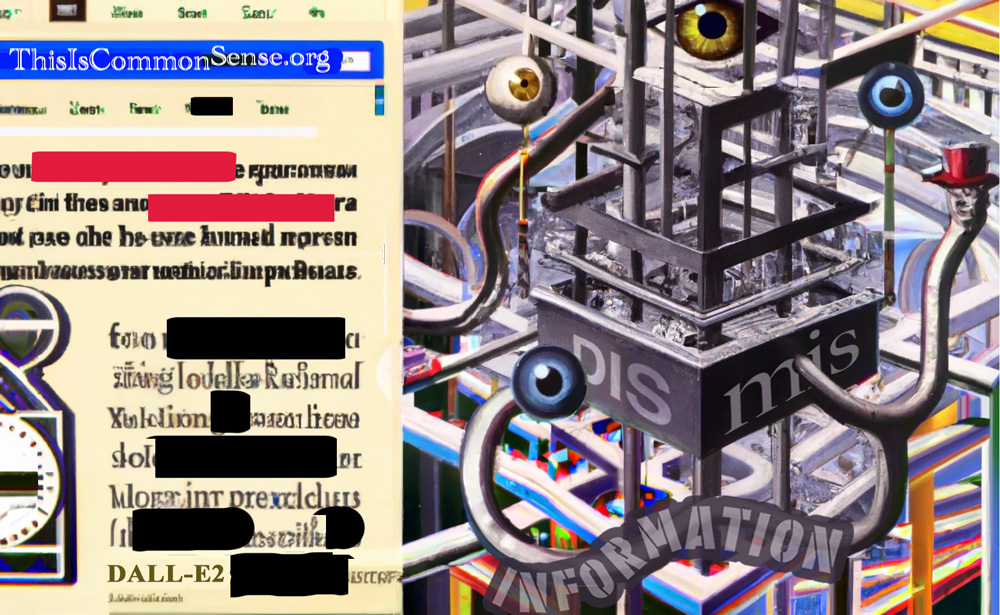Is the pandemic over?
On March 29, House Joint Resolution 7 passed with a 68 – 23 margin in the Senate: 47 Republicans and 21 Democrats voting Yea. Earlier this week, Joe Biden signed it into law.
But, as The Epoch Times explains, that resolution “states that the pandemic national emergency ‘is hereby terminated,’” but “does not impact the public health emergency, which is still scheduled to terminate on May 11.”
But that lag — why terminate one (“national”) emergency footing and leave the other (“public health”) to linger for another month?
It’s worse than that, though. Back in September, President Biden told 60 Minutes that the pandemic was over, noting then that “no one’s wearing masks; everybody seems to be in pretty good shape.”
The administration offers bureaucratic rationales for the lagtime. But its impact on you and me is said to be zero: “To be clear, [the] continuation of these emergency declarations until May 11 does not impose any restriction at all on individual conduct with regard to COVID-19,” explains a January letter from the Biden administration to Congress.
Repeat that: the continuation of the emergency declarations does not impose any restriction at all on individual conduct. Which should have been true from the beginning, for the Constitution does not provide any powers to the general government over individuals on these matters.
Does public health really need another month of
At least, there is a May 11th at the end of the tunnel.
This is Common Sense. I’m Paul Jacob.
Illustration created with Midjourney
—
See all recent commentary
(simplified and organized)





